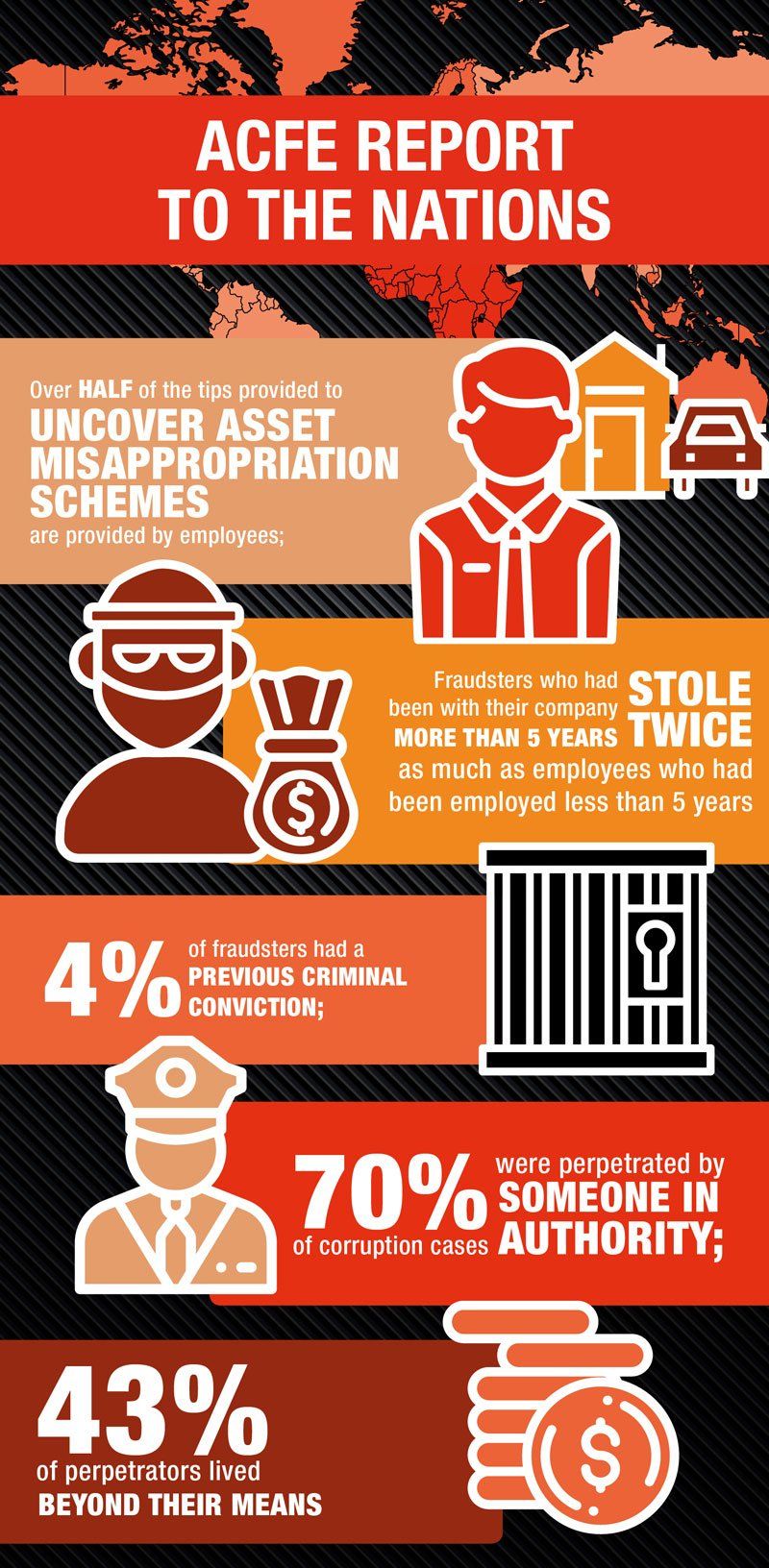People in Risk in 2019
In 2019 iFacts
will have operated as an independent company for 10 years. I believe that the reason for our growth is due to our awareness of change in the employee screening and background checking market. 2018 has seen some interesting legal changes for companies which perform employee screening processes in South Africa. The most important change has been the need for companies to be registered with the NCR.
Legislation has been lacking in our industry for some time. Whilst some may debate the relevance of the requirement to be registered with a credit organisation, it is interesting to note that this requirement has been the case for employee screening companies registered with the NAPBS (National Association of Pre-employment and Background Screening Companies) in the USA for some years now.
At the 2018 international NAPBS
conference in Baltimore, there was much discussion surrounding global legislation in this industry. The NAPBS has subsequently commenced with a global programme, and iFacts is represented here.
The second area that I believe is going to be important and bring Human Resources and Risk Management closer together in 2019, is Human Intelligence. For the first time, I was asked to address this topic at the Pulse International Risk & Audit Conference in Vienna in December 2018 and research findings have been intriguing.
Artificial intelligence has been around for some time now, but the ‘human element’ is going to cause some disruption in the more traditional HR space. It is said that HR practitioners only spend some 20% of their time working face to face with employees. Instead of the focus being on administration, as it is currently, time could in future be spent on increasing the return on investment for employees.
Findings from the recent ACFE Report to the Nations highlight the need to be more in touch with the human element and the risks relating to the business. The following points are worth noting:
- Over half of the tips provided to uncover asset misappropriation schemes are provided by employees;
- Fraudsters who had been with their company more than 5 years stole twice as much as employees who had been employed less than 5 years;
- Only 4% of fraudsters had a previous criminal conviction;
- 70% of corruption cases were perpetrated by someone in authority; and
- 43% of perpetrators lived beyond their means.


